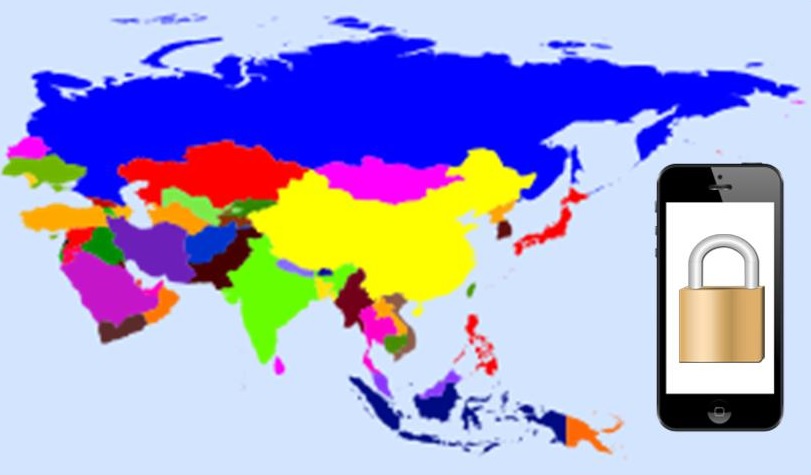Geography has been found to play a considerable role in the type of issues faced by smartphone owners.
According to the latest report that has been issued by mobile security company, Lookout, threats seem to appear and linger in based on geographical factors, meaning that the types of malware and other dangerous problems that could lead to smartphone and tablet based issues differ from one place to another.
This report was considered to be the first of its kind and used threat data gleaned from the Lookout Platform.
The mobile security report took a deep look into the treats from five different countries and identified that the key issues are different from one area to the next. The five countries that were examined were: Germany, the United States, the United Kingdom, Japan, and India.
The report also pointed out that mobile security threats are continually and rapidly evolving.
 According to Lookout, within the report, “As mobile marches on, the threat landscape continues to evolve. Like any entrepreneur, the bad guys go where the opportunity exists and focus on the business models that are most successful – and like many businesses, there are differences that can be seen at the country level based on economics of a given region.”
According to Lookout, within the report, “As mobile marches on, the threat landscape continues to evolve. Like any entrepreneur, the bad guys go where the opportunity exists and focus on the business models that are most successful – and like many businesses, there are differences that can be seen at the country level based on economics of a given region.”
At the same time that the report was issued, Lookout also released an infographic to underscore the largest threats in mobile security, based on location. The types of threat that were analyzed included adware, chargeware, spyware, surveillance, and Trojans. In all countries, it was adware that dominated the detections in each of the countries, as a result of the lack of solid guidelines to outline what is and is not acceptable for smartphone advertising, and because unscrupulous methods are proving to generate greater payouts.
Surveillance was found to be a popular form of mobile security threat in the United States, after marketers that use it have identified a quasi-legal position in which to apply it. As the barrier to entry is lower in this market, it gives developers the opportunity to target a wider audience. Similarly, Germany had the largest instance of Trojans and the United Kingdom saw the largest occurrence of chargeware. The number of threats in Japan were comparatively small next to the other countries in the report. India, on the other hand, saw a relatively high adware instance.

 While safety and privacy concerns are still high among smartphone users, they continue to take unnecessary chances.
While safety and privacy concerns are still high among smartphone users, they continue to take unnecessary chances.